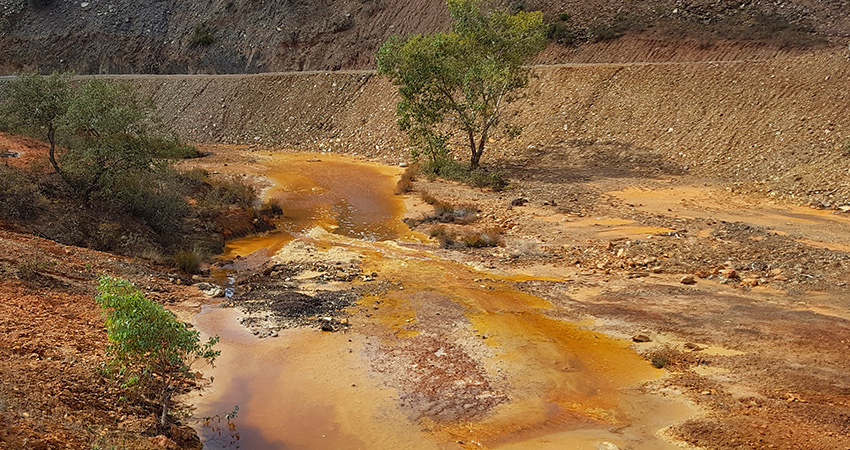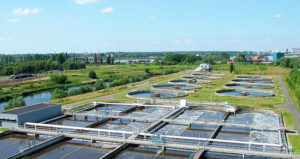EC-proposal may force companies to pay for chemically polluted water bodies

-
 Adriaan van Hooijdonk
Adriaan van Hooijdonk
Share article:
“The principle of ‘extended producer responsibility’ can force companies to pay for treating polluted water caused by chemical substances”, states Michaël Bentvelsen of the European Federation of National Associations of Water Services, EurEau, Eureau. He comments on the EU Chemicals Strategy for Sustainability the European Commission (EC) published the 14th of October.
In the strategy for chemicals, part of the ‘EU Green Deal’, the European Commission describes the steps required to achieve a ‘non-toxic environment’. The Commission also wants to ensure chemicals are produced and used in such a way they can make the greatest possible contribution to society. At the same time the Commission wants to prevent damage to the planet and to future generations. For example, the strategy foresees the most harmful chemicals – so-called substances of very high concern – will be avoided for uses that are not essential to society. Furthermore all industrial chemicals should be used safer and more sustainably.
Tackle pollution at its source
“The most important way to prevent environmental impact of chemicals is at the source. If chemicals are not discharged, water companies don’t have to remove them in wastewater treatment plants”, says Bentvelsen. With this approach an extra water treatment step is not necessary. If this is not sufficiently implemented, then we have to revert to extended producer responsibility. According to Michaël Bentvelsen ‘extented producer responsibility’ offers the possibility to implement the ‘polluter pays principle’. Those who damage the environment with chemical substances would have to pay for expensive water treatment technologies. This also applies to chemical companies producing chemical substances and discharging according their permit requirements.
Joint reponsibility
“Chemical substances are used in all kind of products. Take micro plastics in car tires, for example. The substances end up in the environment through degradation and dispersion by consumers. In that case, as a producer, you are jointly responsible for what ultimately happens to your product. Logically the polluter has to contribute to cleaning up the water environment.”
Evaluation of substances
In a response to the strategy, the European organisation of chemical companies Cefic states the European REACH chemicals legislation must remain the basis for achieving the strategy goals. They point out that with REACH, the EU has the most progressive substance regulation in the world, resulting in a comprehensive substance database. “REACH is a good tool. The European Chemicals Agency (ECHA) in Helsinki should be given the tools to be able to quickly evaluate substances”, says Bentvelsen. In addition, many new substances are entering the market at a rapid pace, further delaying the evaluation. “That is why I call for the restriction on all non-essential uses for the entire group of PFAS-substances.”


















